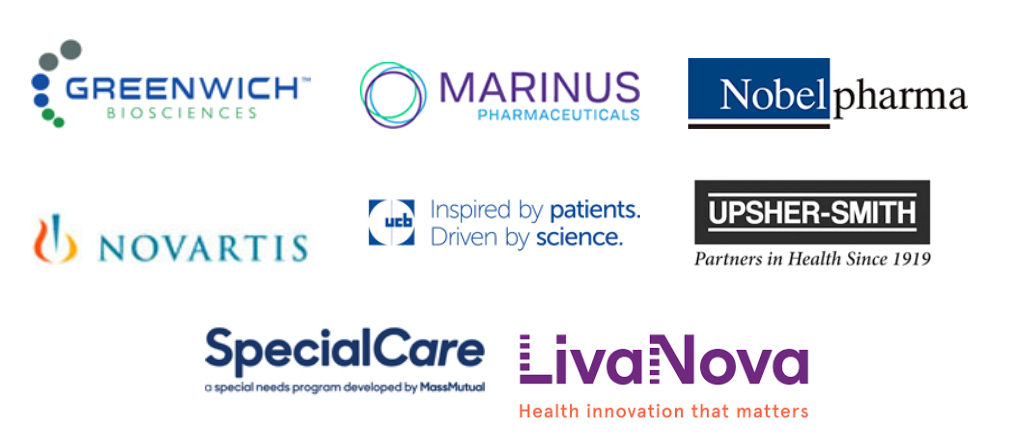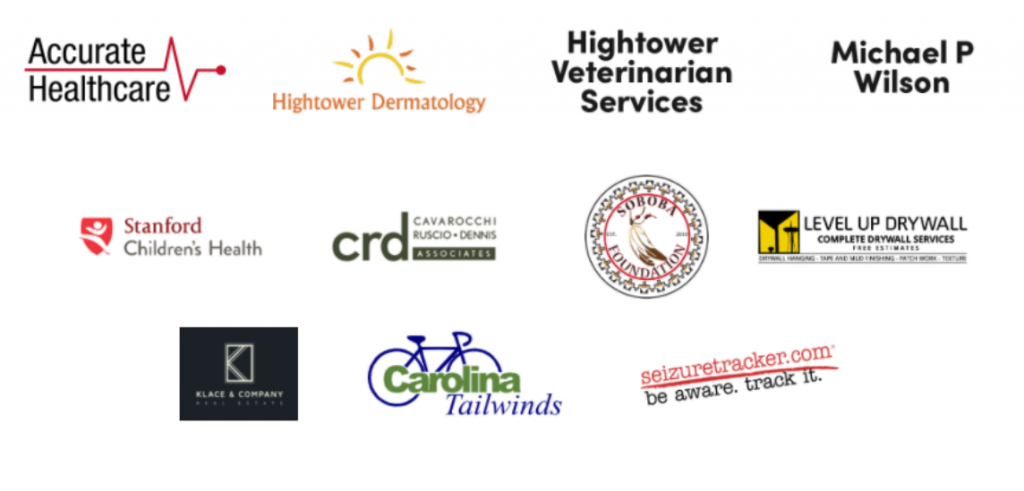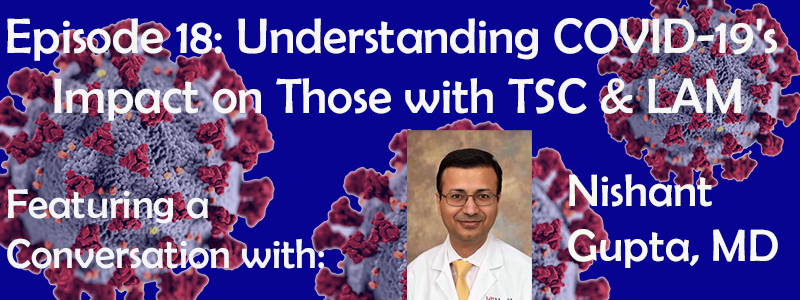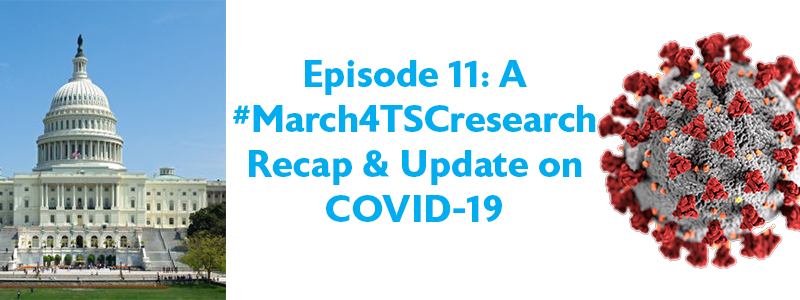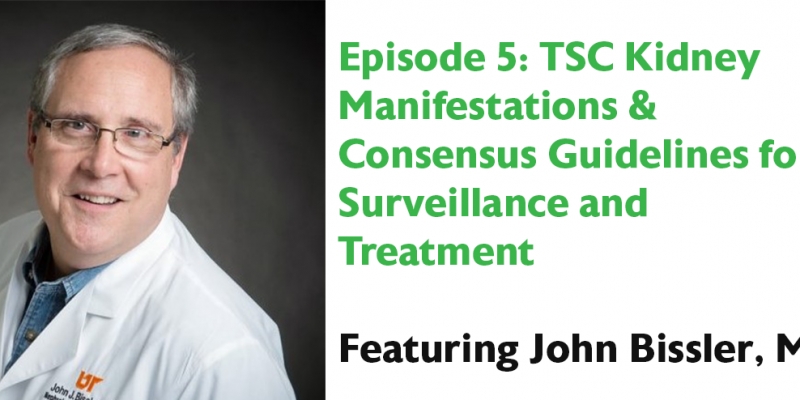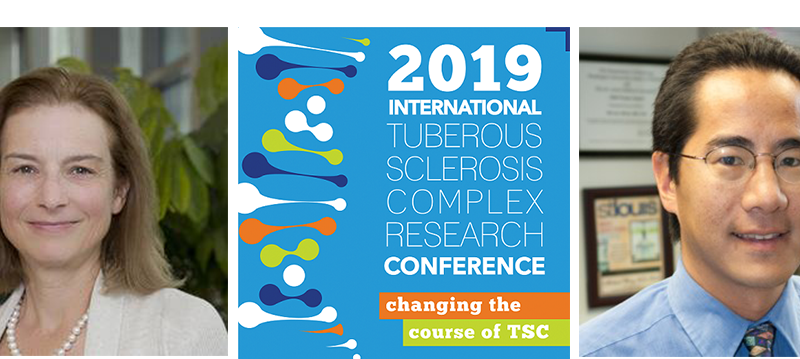Podcast: Play in new window | Download
Subscribe: Apple Podcasts | Spotify | Amazon Music | Blubrry | | More
In a special two-part episode of TSC Now, host Dan Klein recaps the 2022 World TSC Conference, which was held in Dallas, Texas July 28-31, 2022. In part two, Dan explores the history of tuberous sclerosis complex (TSC) conferences and speaks to inspiring leaders who have shaped the TSC Alliance’s past and will continue to shape it’s future.
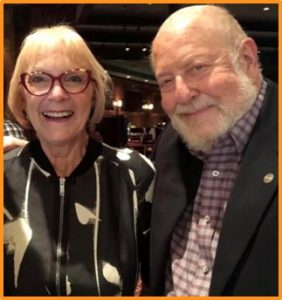 On Saturday, July 30, 2022, during the Blue Night Dinner at the 2022 World TSC Conference, Dr. Michael and Janie Frost were presented the TSC Champion Award. Michael and Janie Frost have both devoted their careers and lives to helping individuals and their families affected by TSC.
On Saturday, July 30, 2022, during the Blue Night Dinner at the 2022 World TSC Conference, Dr. Michael and Janie Frost were presented the TSC Champion Award. Michael and Janie Frost have both devoted their careers and lives to helping individuals and their families affected by TSC.
Dr. Frost is a board-certified child neurologist and epileptologist. He was a founding team member of Minnesota Epilepsy Group in 1991 and established the Upper Midwest TSC Clinic Without Walls after meeting Dr. John Hulbert at a TSC Alliance research conference in 2002. During his tenure as Co-Director of the TSC Clinic, he served as an investigator on several pivotal clinical trials including Afinitor, which led to its approval for treating SEGAs in 2010; Epidiolex that led to its approval in 2020; and the current PREVeNT Trial, the first preventative clinical trial for epilepsy in the United States. In 2006, Minnesota Epilepsy Group was one of two pilot sites for the TSC Natural History Database. Additionally, Dr. Frost served on the Clinical Consensus Group in 1998 to help establish the original TSC Clinical Consensus Guidelines and continued this role through two additional revisions with a special expertise in comprehensive and coordinated care. Dr. Frost continues to provide his guidance as a member of the TSC Alliance Professional Advisory Board.
Janie Frost is a trained epilepsy nurse. She served as a member of the TSC Alliance Board of Directors from 2006-2011 and as Secretary in 2009. With her expertise in clinical care, she helped organize the 1999 (Washington, DC) and 2001 (San Diego) National Family Conferences and Chaired the National and World TSC Conferences in 2006 (Chicago), 2014 (Washington, DC) and 2018 (Dallas). These conferences are among the most prolific gatherings of the global TSC community and were successful because of her outstanding leadership and dedication. Janie also generously served on the planning committee for the Minnesota-based Sound Bites events as well as the 35th, 40th and 45th TSC Alliance anniversary galas.
Prior to Blue Night Dan caught up with the Frosts (01:42). They talked about how family conferences have changed since the 1980s, what makes the TSC community and TSC Alliance unique in our ability to advance research and inspire others to join our cause, how they first got involved in TSC research, and what advice they would give to new parents at the start of their TSC journey.
Then, Dan catches up with Preston Fitzgerald (23:23). Preston served as a Future Leader during the 2021-2022 school year and in that role he and his cohort organized webinars and provided support to other young adults with TSC. Preston was attending the World TSC Conference for the first time and shares how strange it is meeting people in person after several years of virtual interaction during the COVID-19 pandemic, what his plans are now that he has graduated from college magna cum laude, and what advice he gives to other young adults living with TSC.
This podcast is sponsored by:

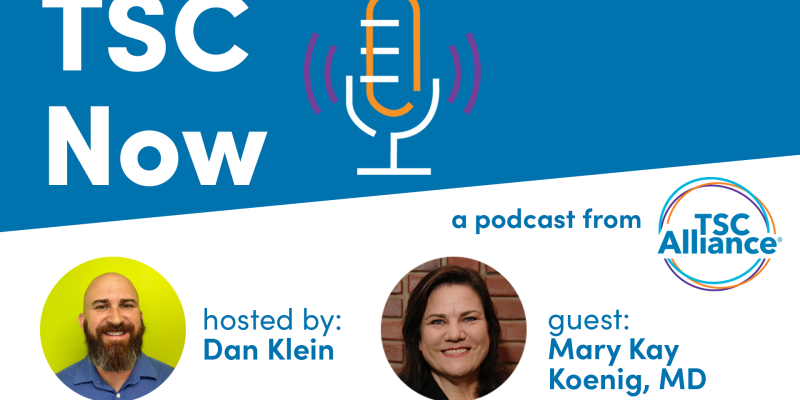
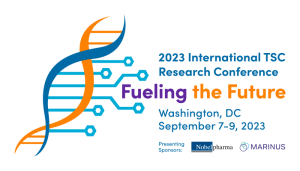 On this episode of
On this episode of 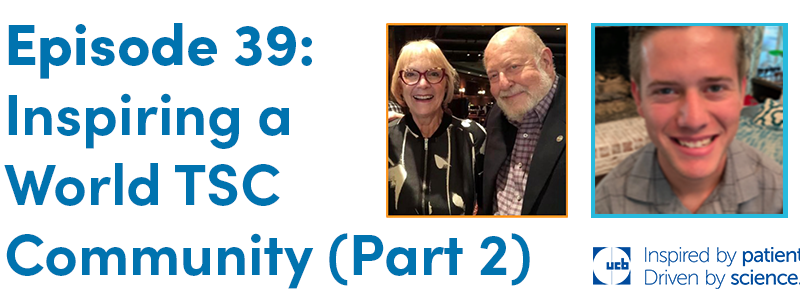
 On Saturday, July 30, 2022, during the Blue Night Dinner at the 2022 World TSC Conference, Dr. Michael and Janie Frost were presented the TSC Champion Award. Michael and Janie Frost have both devoted their careers and lives to helping individuals and their families affected by TSC.
On Saturday, July 30, 2022, during the Blue Night Dinner at the 2022 World TSC Conference, Dr. Michael and Janie Frost were presented the TSC Champion Award. Michael and Janie Frost have both devoted their careers and lives to helping individuals and their families affected by TSC.
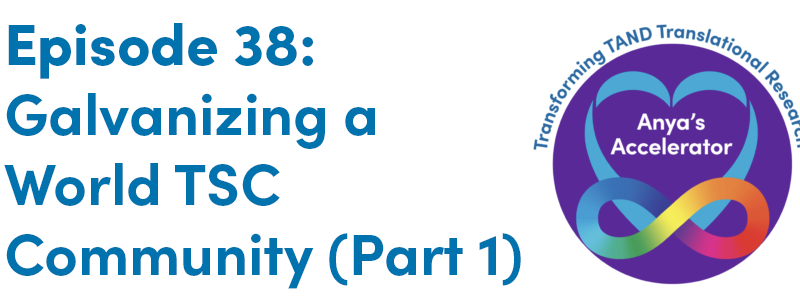
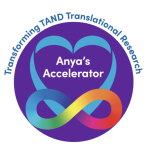 This new funding will create “Anya’s Accelerator,” which will focus on furthering TAND translational research. TAND includes a wide range of cognitive, behavioral and psychiatric challenges linked to the disease’s effect on brain function. The three-year “Anya’s Accelerator” research program will focus on three major goals:
This new funding will create “Anya’s Accelerator,” which will focus on furthering TAND translational research. TAND includes a wide range of cognitive, behavioral and psychiatric challenges linked to the disease’s effect on brain function. The three-year “Anya’s Accelerator” research program will focus on three major goals: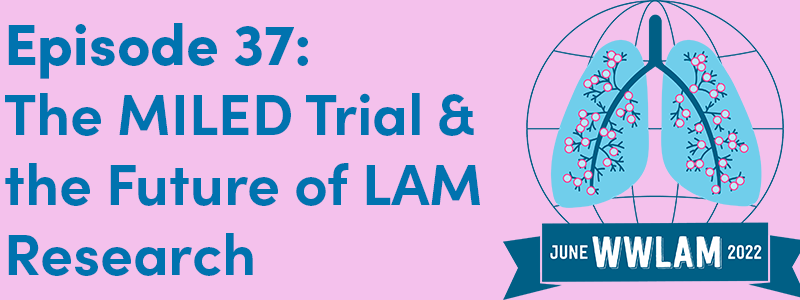
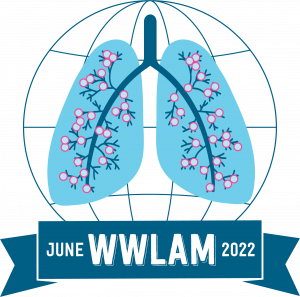 In this episode of
In this episode of 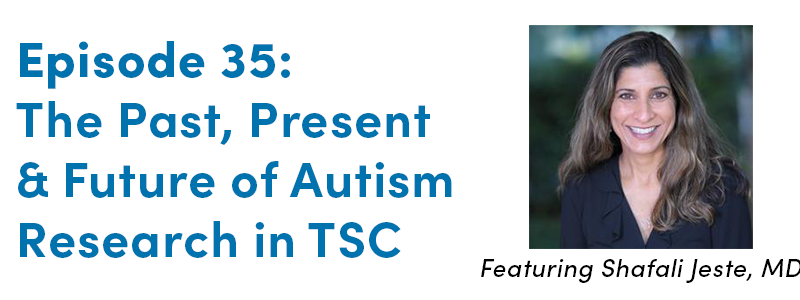
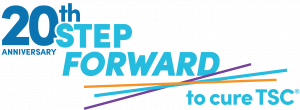
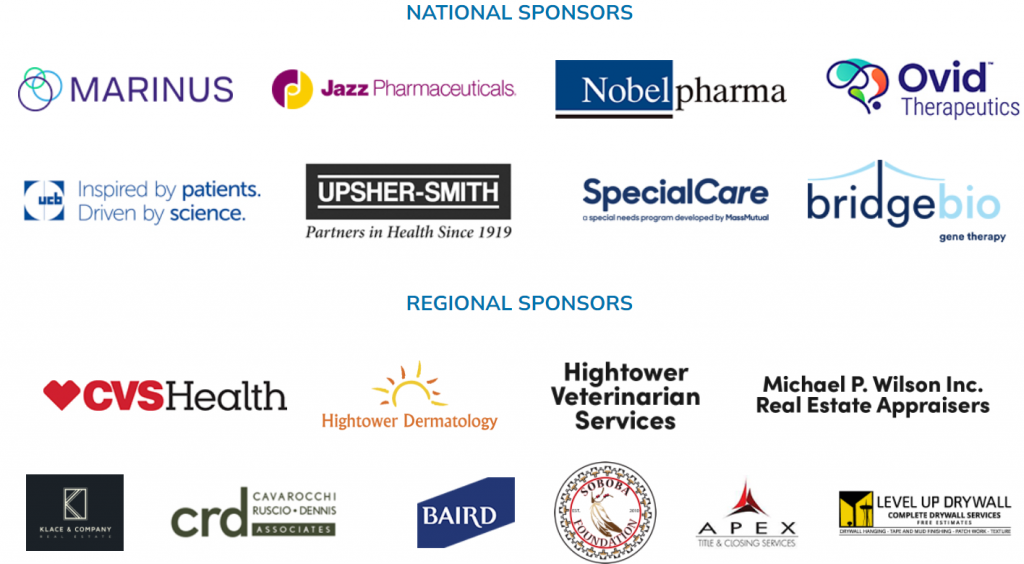
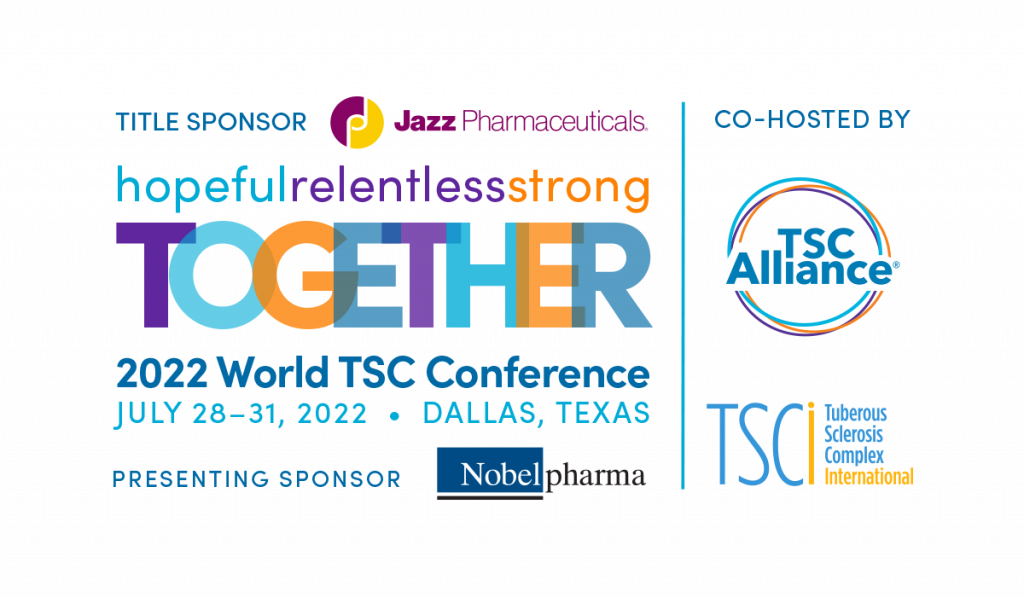 You don’t want to miss the
You don’t want to miss the 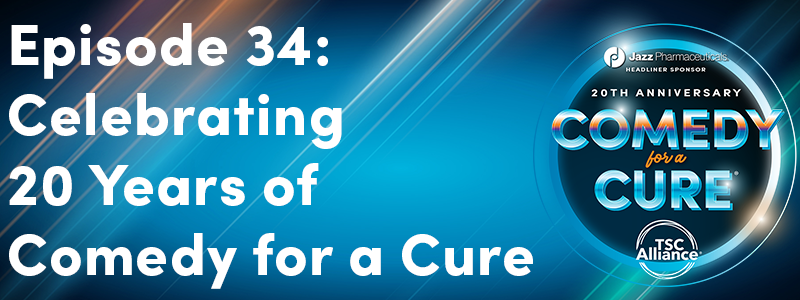
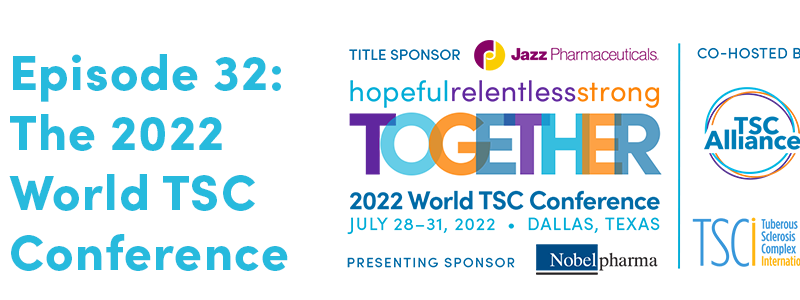
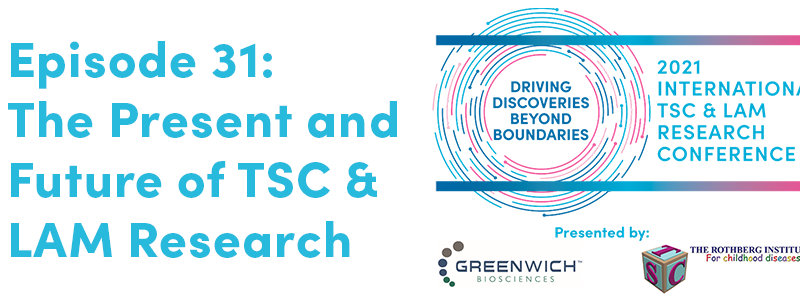
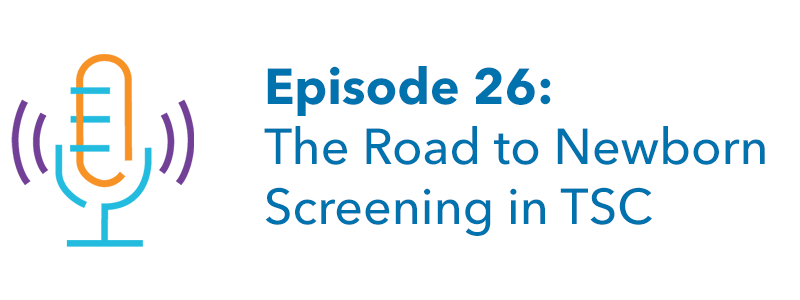
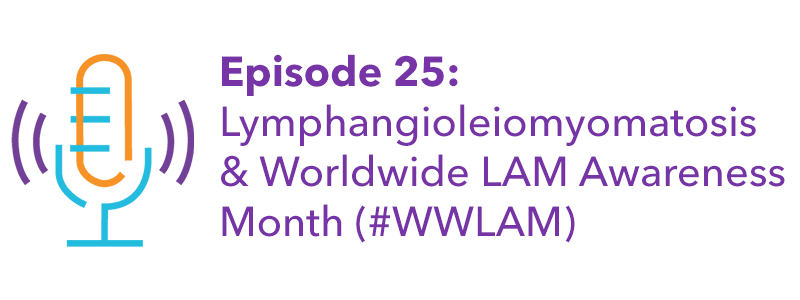
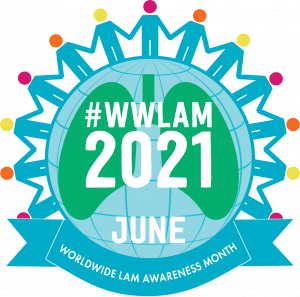
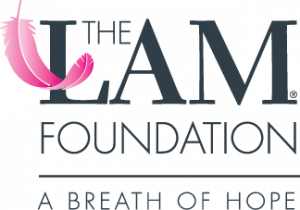
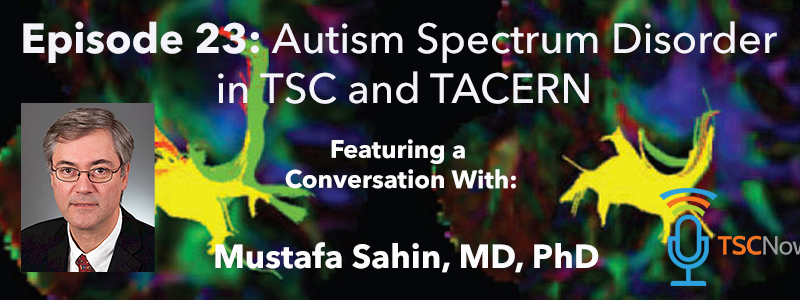
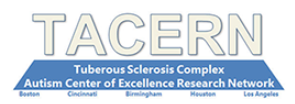 To better understand the connection between autism and TSC, and how ongoing research can help expand our knowledge of autism not just in TSC, but more generally, Dan spoke to Mustafa Sahin, MD, PhD, (02:11) Director of both the Translational Neuroscience Center and the Multi-Disciplinary Tuberous Sclerosis Program at Boston Children’s Hospital, and Professor of Neurology at Harvard Medical School. Dr. Sahin is one of the Principal Investigators of the
To better understand the connection between autism and TSC, and how ongoing research can help expand our knowledge of autism not just in TSC, but more generally, Dan spoke to Mustafa Sahin, MD, PhD, (02:11) Director of both the Translational Neuroscience Center and the Multi-Disciplinary Tuberous Sclerosis Program at Boston Children’s Hospital, and Professor of Neurology at Harvard Medical School. Dr. Sahin is one of the Principal Investigators of the 